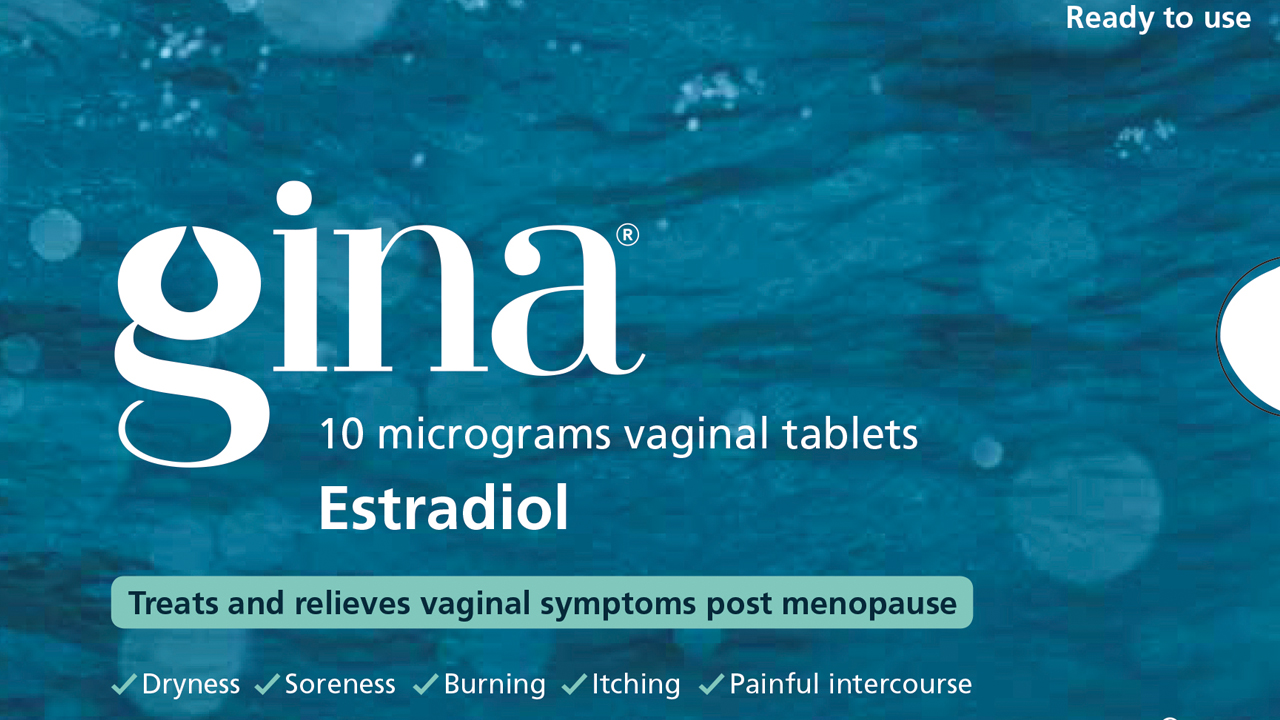In In-depth
Follow this topic
Bookmark
Record learning outcomes
As it considers switching an HRT tablet from POM to P for the very first time, the MHRA is calling for people to express their views
Medicines watchdog the MHRA is considering making Gina 10mcg hormone replacement therapy (HRT) tablets available over the counter as a P medicine, without the need for a prescription or GP appointment.
If the POM to P switch goes ahead, it will be the first time HRT tablets have been available over the counter in the UK.
Gina contains estradiol and is indicated for the treatment of vaginal dryness caused by oestrogen deficiency. The Commission on Human Medicines has said that giving the product a P licence would be safe.
The MHRA is inviting people to express their views about the plan via an online consultation on gov.uk that ends at noon on 23 February. "Every response we receive will be vital in helping us gain a better picture of whether people think this form of vaginal HRT should be available over the counter," said the MHRA’s Laura Squire. "We want to hear from as many people as possible."
If the switch goes ahead, pharmacists will be given training and checklists to identify women who could safely be supplied with the treatment.
Commenting on the proposals, British Menopause Society chairman Haitham Hamoda said: "Improving access to HRT is a good thing, but it is really important that women can access all the help and advice they need… We don’t want this to come down to a question of self-diagnosis."
Better menopause services
The proposal comes on the back of campaigns aimed at widening access to HRT products. In late 2021, the Government pledged to reduce prescription costs for HRT in England by implementing longer prescribing cycles. It also launched the Menopause Taskforce, co-chaired by pharmacy minister Maria Caulfield, to improve care for women.
The Taskforce held its first meeting on 4 February, with ministers and senior clinicians from the four UK nations coming together to discuss the way forward.
"For too long, women have gone unsupported and unheard when it comes to specific women’s health issues," said Ms Caulfield. "This is especially true when it comes to the understanding of and treatment for the menopause. This must change."
Explaining that the Taskforce aimed to break down taboos and ensure better access to treatment and support, she said: "I look forward to working closely with my colleagues across all four nations as we drive forward the women’s health agenda to tackle the gender health gap ahead of the publication of our Women’s Health Strategy later this year."

